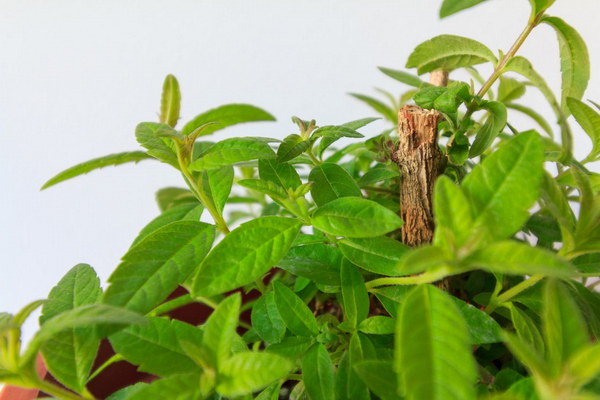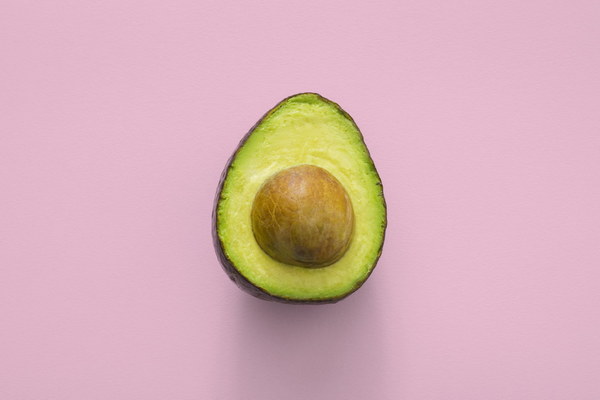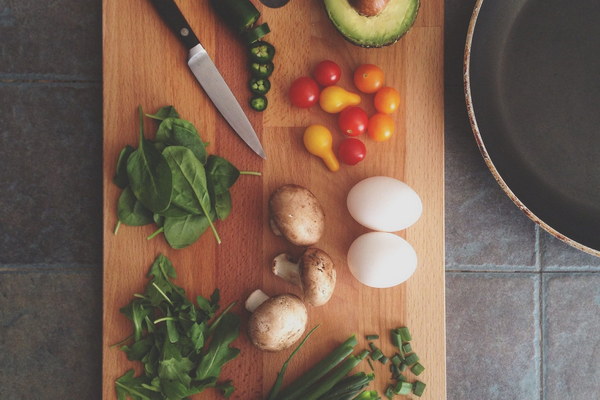Nurturing the Liver for Yin Deficiency A Comprehensive Guide for Wellness
In the realm of Traditional Chinese Medicine (TCM), Yin Deficiency is a common condition that can affect various aspects of an individual's health, including the liver. The liver, often referred to as the seat of emotion, plays a crucial role in maintaining balance within the body. When the liver is deficient in Yin, it can lead to a range of symptoms such as irritability, fatigue, and poor digestion. This article delves into the intricacies of Yin Deficiency and provides a comprehensive guide on how to nourish the liver for overall well-being.
Understanding Yin Deficiency
Yin Deficiency occurs when there is a lack of Yin energy in the body, which is responsible for cooling, calming, and moistening the body's systems. This imbalance can arise from various factors, including stress, poor diet, and excessive physical activity. In TCM, the liver is particularly susceptible to Yin Deficiency, as it governs the flow of Qi (vital energy) and blood throughout the body.
Signs of Liver Yin Deficiency
Before discussing how to nourish the liver for Yin Deficiency, it is essential to recognize the signs and symptoms. These may include:
1. Irritability and mood swings
2. Insomnia or restless sleep
3. Dizziness or blurred vision
4. Dryness of the mouth, throat, and skin
5. Headaches
6. Tinnitus (ringing in the ears)
7. Menstrual irregularities in women
Nourishing the Liver for Yin Deficiency
To address Liver Yin Deficiency, it is crucial to adopt a holistic approach that includes diet, lifestyle changes, and herbal remedies. Here are some key strategies:
1. Diet
A diet rich in Yin-nourishing foods can help restore balance. Incorporate the following into your daily meals:
- Fruits: Pears, figs, and melon are excellent choices.
- Vegetables: Green leafy vegetables, seaweed, and mushrooms.
- Grains: Brown rice and quinoa are both beneficial.
- Herbs and spices: Ginger, licorice root, and mint can aid in digestion and support Yin balance.
2. Lifestyle Changes
Adopting a balanced lifestyle is essential for nourishing the liver. Consider the following adjustments:
- Reduce stress: Engage in relaxation techniques such as meditation, yoga, or tai chi.

- Adequate sleep: Aim for 7-9 hours of quality sleep per night.
- Regular exercise: Gentle activities like walking, swimming, or tai chi can improve circulation and support liver health.
- Avoid alcohol and caffeine: These substances can exacerbate Yin Deficiency.
3. Herbal Remedies
Herbal remedies can provide additional support for liver Yin Deficiency. Some common TCM herbs include:
- Scutellaria baicalensis (Huang Qin): Known for its cooling and anti-inflammatory properties.
- Rehmannia glutinosa (Shu Di Huang): A blood-nourishing herb that can help alleviate dryness.
-Polygonum multiflorum (He Shou Wu): A longevity herb that may help replenish Yin energy.
4. Acupuncture and Massage
Acupuncture and massage can help stimulate the liver and promote Yin balance. These therapies can reduce stress, improve sleep, and alleviate symptoms associated with Liver Yin Deficiency.
Conclusion
Nurturing the liver for Yin Deficiency requires a multifaceted approach that addresses diet, lifestyle, and herbal remedies. By adopting these strategies, individuals can restore balance to their liver and enjoy improved overall health and well-being. Remember, it is essential to consult with a qualified TCM practitioner before beginning any new treatment or dietary changes.









